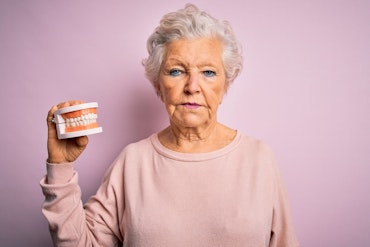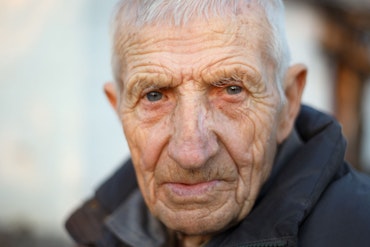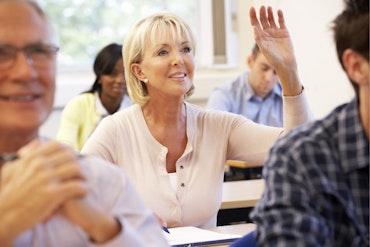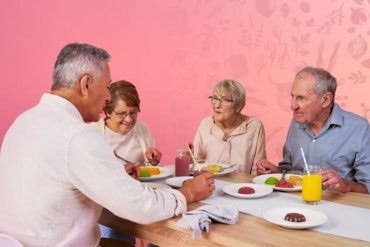Victorian older Australians urged to be careful
Victoria has experienced a resurgence of COVID-19 and the Federal Government is urging older people in Victoria to be vigilant and implement more safety measures to reduce the likelihood of contracting the coronavirus.
![<p>While restrictions have eased in most States and Territories, Victoria’s second wave of coronavirus is resulting in suburb isolation tactics and community housing lockdowns. [Source: iStock]</p>](https://agedcareguide-assets.imgix.net/news/articles/iStock-1221628769.jpg?fm=pjpg&format=auto&w=550&q=65)
While restrictions have eased in most States and Territories, Victoria’s second wave of coronavirus is resulting in suburb isolation tactics and community housing lockdowns. [Source: iStock]
While restrictions have eased in most States and Territories, Victoria’s second wave of coronavirus is resulting in suburb isolation tactics and community housing lockdowns.
The Victorian Premier, Daniel Andrews, announced a lockdown of metropolitan Melbourne today due to the rising numbers of active COVID-19 cases, with almost 200 new cases reported since yesterday.
Minister for Aged Care and Senior Australians, Richard Colbeck, says that older Victorians need to follow the suggestions from authorities to help contain the emerging COVID-19 clusters.
With resurgence of COVID-19 in Victoria, the Federal and State Governments still consider older Australians a priority during the pandemic and want to reiterate that people over the age of 70 have an increased risk of developing severe COVID-19 symptoms if they contract the virus.
“We are not through the woods yet but support measures are in place to ensure senior Australians across the country get the support they need,” says Minister Colbeck.
“We continue to monitor the situation in Victoria and will offer advice as both tiers of Government work together to stop the spread and save lives.
“The risk of becoming infected with the virus that causes COVID-19 depends on the chance of being close to someone with COVID-19 or coming into contact with surfaces contaminated by the virus.
“Because of this, the local pattern of disease is the most important determinant of risk of contracting COVID-19 illness in any community. If there are no cases or a low number of cases and no evidence of community transmission, then the risk of exposure is low, regardless of age or health conditions.”
If you live in another State/Territory or live in an unaffected part of Victoria, you should be safe to travel.
Minister Colbeck says residents who were previously considered in a higher risk of becoming ill group but live outside Victoria can return to work and recreation activity if they follow precautions.
He recommends social distancing, practising good hygiene and downloading the COVIDSafe app all contribute to preventing a second wave of COVID-19 cases in other areas of Australia.
Minister Colbeck says, “It is essential that people stay up to date. And, if case numbers do increase, like the recent increase we’ve seen in some areas of Victoria, everyone needs to take personal responsibility for their activities, interactions and to consider how these might affect their exposure to COVID-19.”
The Government suggest that residents in affected areas should consider:
-
Individual risk and risk to others
-
Level of transmission of COVID-19 where they live and travel
-
Whether interactions and activities can occur safely or should be postponed.
Minister Colbeck says the Government suggestions are being guided by advice from the Australian Health Protection Principal Committee (AHPPC) and the Communicable Diseases Network Australia (CDNA).
“We are all closely watching how the outbreak progresses in Victoria and it is important to follow medical advice as it is updated,” says Minister Colbeck.
“We are facing an extraordinary health challenge and we need to work together to protect the people we loved most.”
For more advice, contact the Older Persons COVID-19 Support Line on 1800 171 866, available from Monday to Friday, except public holidays, from 8:30 am to 6 pm.























Comments